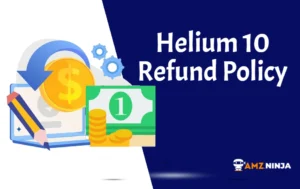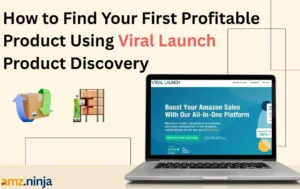
Bad keyword research kills more Amazon launches than anything else.
Picture this: you spend months perfecting your product, then blow $10,000 on the wrong search terms. Your PPC campaigns drain cash while your listing sits buried on page 10. Sound familiar?
Here's the brutal truth – chasing high-volume keywords without checking competition levels or buyer intent turns launches into expensive disasters. Your product visibility tanks, inventory piles up, and that dream of Amazon success becomes a nightmare.
But there's hope. Smart launch strategy starts with data-driven keyword selection.
Get your Data Dive subscription with 20% off using code AMZNINJA and stop gambling with your launch budget.
The Cost of Poor Keyword Research: A $10,000 Lesson
Imagine you’re launching a sleek kitchen gadget. You pick a handful of flashy, high-volume keywords you think will attract buyers.
These keywords are broad, and competition is fierce: everyone is bidding on them. Your ad dollars soar — clicks cost a bomb — but conversions are painfully low.
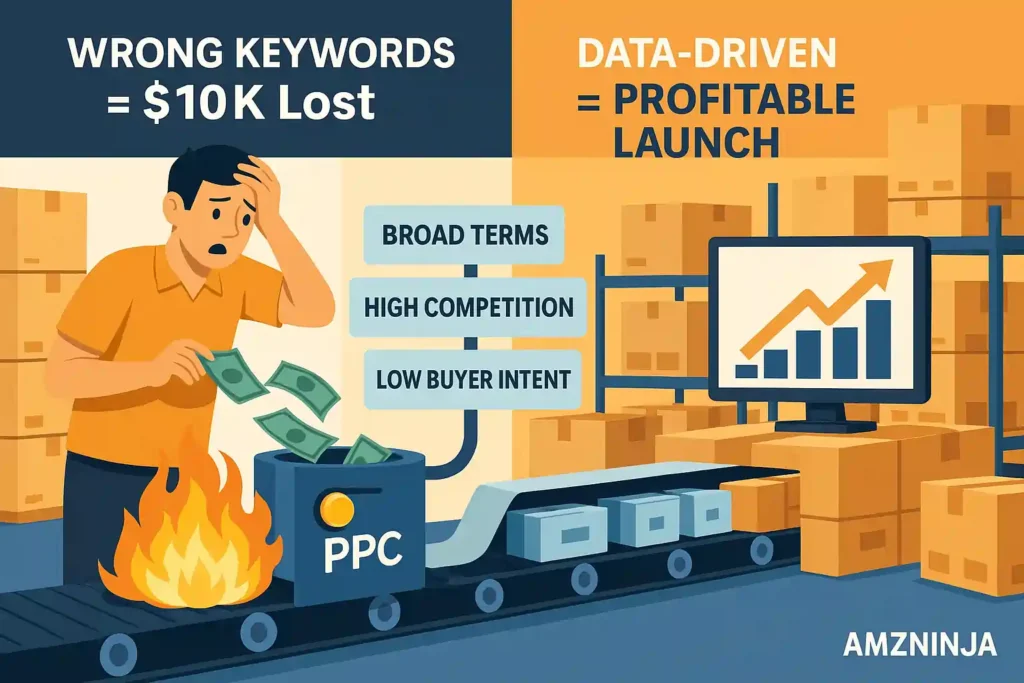
Your product sits buried beyond page 3. Inventory piles up. Return on ad spend (ROAS) dies. Your dream launch turns into a $10,000 money pit.
This is the story of many failed Amazon product launches. Sellers fall into the trap of chasing only the most obvious keywords, which are either saturated or irrelevant to their niche.
The result? You see the dreaded “amazon launch failure” and a “failed amazon product” scenario. Your ads burn cash, your listing gets no traction, and you’re stuck with unsellable stock. The root cause? Bad keyword research that doesn’t uncover the keywords customers actually use to buy.
The Right Way: Using Data to Drive Smart Keyword Research
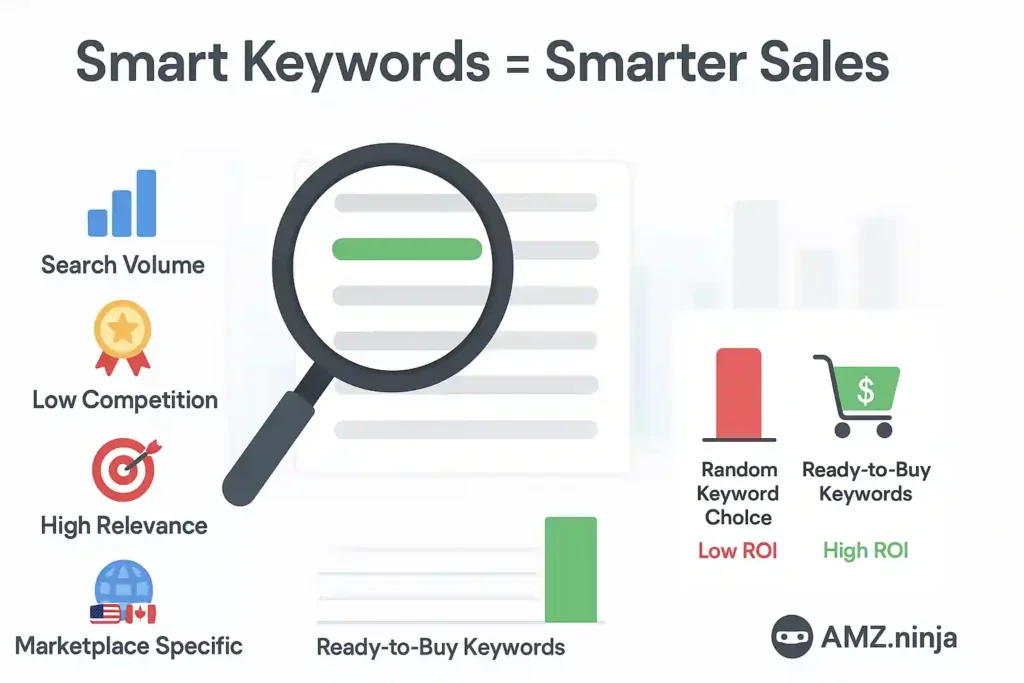
The secret to avoiding this costly error is a data-driven keyword strategy — one that balances search volume, competition, and relevance. Tools like Data Dive help uncover those valuable long-tail keywords your competitors overlook.
These keywords aren’t just low competition; they are laser-targeted phrases that buyers use when they’re ready to purchase.
Good keyword research goes beyond volume counts — it’s about relevance to your product and marketplace specificity. For example, keywords that rank well in the US market may perform differently in the UK or Canada.
Understanding the nuances of your marketplace’s search behaviour can prevent costly mistakes in targeting the wrong audience or wasting money on irrelevant ads.
By validating keywords with actual sales data, competition levels, and keyword intent, you mitigate risk and boost your chances for a successful, profitable launch.
Hands-On Guide: How to Use Data Dive for Launch Validation
- Start with a Seed Keyword: Use Data Dive to enter your core product idea or category.
- Expand to Long-Tail Keywords: Filter for keywords with moderate to high search volume but lower competition, focusing on buyer intent phrases.
- Analyse Competitor Keywords: Reverse-engineer competitor listings to identify gaps and opportunities for unique keyword integration.
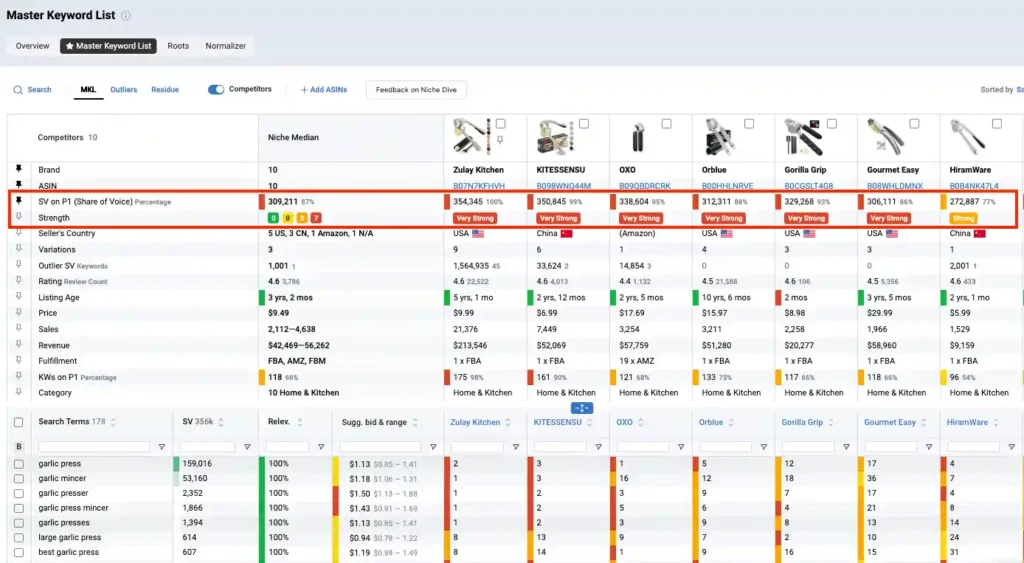
- Monitor Keyword Performance: Track your chosen keywords’ ranking and adjust your PPC bids accordingly to maximise ROI.
- Optimise Listings with Keywords: Integrate your validated keywords into your product title, bullet points, and backend search terms without stuffing.
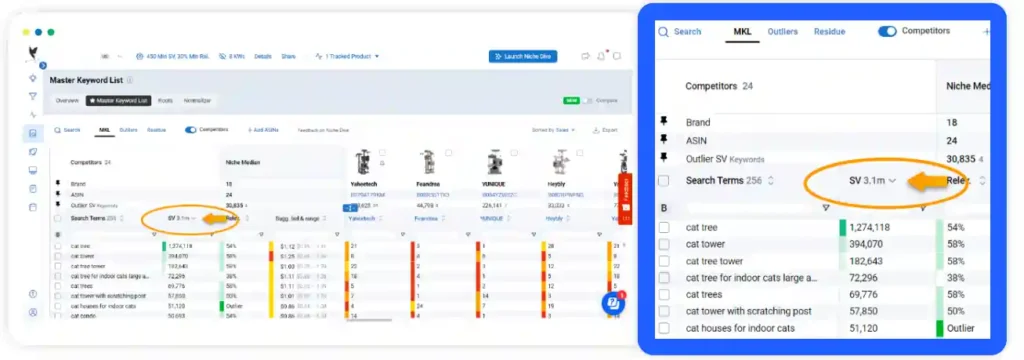
- Align PPC Campaigns: Structure ads to target high-performing keywords across broad, phrase, and exact match types, with negative keywords safeguarding budget from irrelevant clicks.
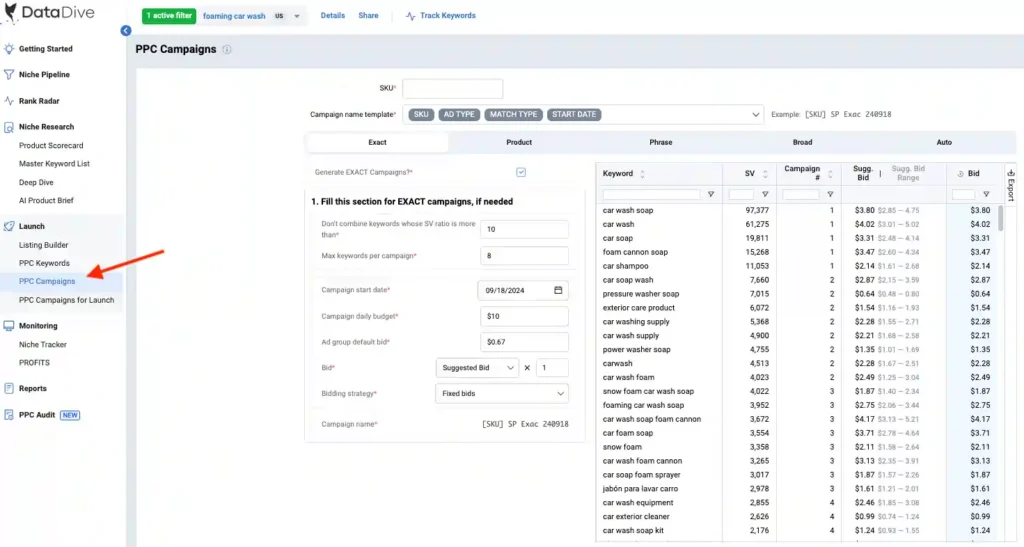
This meticulous approach helps ensure your listing is laser-focused on what buyers are searching for, increasing organic visibility and lowering ad costs.
Before and After: A Launch Case Study
Jane launched a home organisation product targeting just three broad keywords with massive competition. Ad costs were sky-high ($4+ per click), and despite a decent-looking listing, sales stalled. Her product lingered on page five with piles of unsold inventory.
Using Data Dive, Jane identified a set of long-tail keywords like “small space kitchen storage racks” and “adjustable cupboard organisers” with strong buyer intent and low competition. She updated her listing, launched PPC campaigns targeting these terms, and reduced ad spend by 40%. Her product hit page one within two weeks and sold 150 units in the first month.
The difference? Smart keyword research turned Jane’s failed launch into a winning launch with better sales velocity, less wasted ad spend, and faster inventory turnover.
Pro Seller Hacks for Keyword Research Success
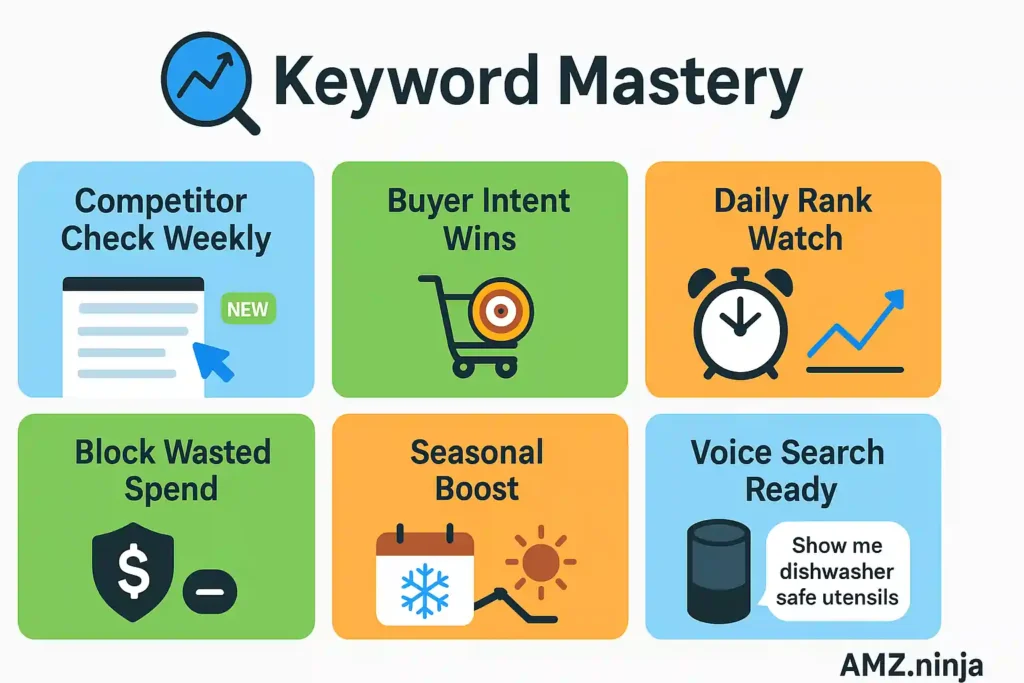
After watching countless launches succeed and fail, here are the tactics that actually move the needle:
Conclusion: Protect Your Launch Investment
Launching a product on Amazon without doing your homework on keywords can easily lead to a $10,000 flop. But adopting a thorough, data-driven keyword research plan — using tools like Data Dive — can dramatically change your trajectory.
You get better targeting, lower PPC costs, faster ranking, and ultimately, a profitable launch.
Don’t risk your inventory and ad budget on bad keyword research. Use the right tools, run smart campaigns, and protect your investment from day one.
And remember, you can get 20% off your Data Dive subscription with our coupon code AMZNINJA — a small step that could save you thousands.
Get your keyword research right the first time and watch your Amazon product thrive. Let us know how it goes!




